WhatsApp doesn’t want to be a platform. Co-founder Brian Acton, on a panel Wednesday at Facebook’s F8 developer conference, made that very clear. Unlike its sibling service Messenger, which has started courting outside developers and businesses, all that matters to WhatsApp is that the service remain stable, simple and unfettered for its worldwide audience of 100 million monthly active users.
That matters to parent company Facebook too, but likely for different reasons.
See also: Looks Like Facebook Messenger Is Pulling Up To The Platform
WhatsApp—which sold to the social network last year for $19 billion dollars—offers an interesting counterpoint to Facebook’s big Messenger push. Because with less redundancy between the two, the company could essentially own a decent chunk of the world’s conversations.
The Network Effect
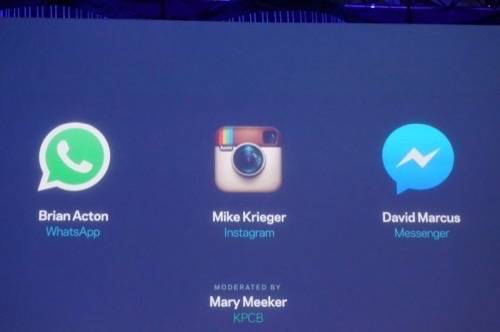
Imagine what it’s like using some of the most robust, dynamic mobile applications available today—complete with the sort of images, animated GIFs, music and videos that will assault Facebook’s Messenger app soon enough. Now imagine running that on a slow cellular Edge network straight out of 1995.
That’s precisely the patience-stretching scenario Acton imagines all the time, and it serves as a guiding principle for his work with the service.
In that regard, WhatsApp’s moves seem obvious. It became popular because it was built on some key fundamentals—namely no-fuss messaging that’s reliable, works in different languages and on as many gadgets as possible. Adding the complexity of outside integrations to the mix would only complicate things for a widespread service that has to work over a variety of networks all over the world—some of which can only muster rudimentary connectivity.
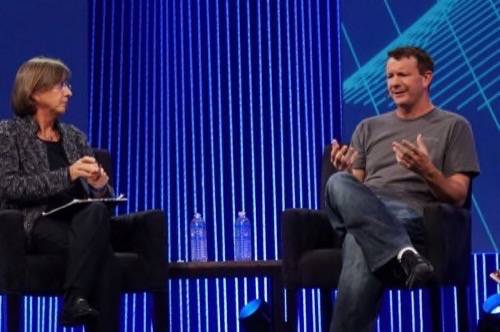
“The world is a very diverse place,” Acton told panel moderator and analyst Mary Meeker, “and networks can have any number of configurations and problems that impede or get in the way with messaging.” One of those problems, for a globally available texting service, is dealing with systems and networks in emerging markets—a key area for tech companies, including Facebook.
With Acton’s motto being “simplicity, simplicity, simplicity,” he can leave the complexities of media messaging to sibling services Instagram and Messenger.
The Big Picture
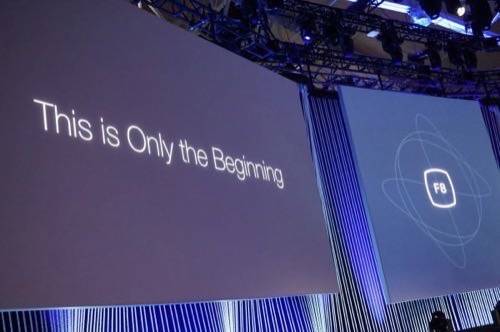
On Wednesday, an audience member asked when WhatsApp would release APIs (application programming interfaces) to let developers tie their apps to the texting service. Acton had bad news for him: “The answer I have is ‘not today’,” he said, later elaborating that APIs are not even on the road map for the foreseeable future.
But that’s not to say WhatsApp will stagnate. “This year, we’re focusing on voice, [and] we’re focusing on the Web product,” he said. “David [Marcus] is really championing the APIs.”
If WhatsApp leaves Messenger to handle Facebook’s platform ambitions, that likely suits the parent company just fine.
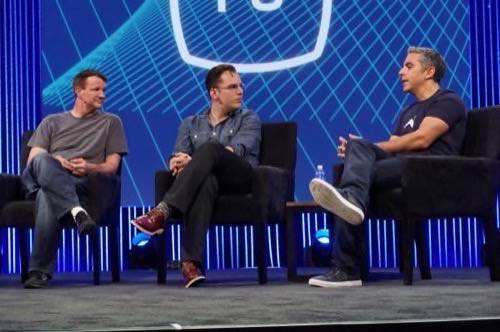
Messenger—Facebook’s other, homegrown messaging service—just unveiled a plethora of developer tools covering embedded videos, embedded posts, app linking and more. Marcus wants to give partners and other app makers the “opportunity to build on these platforms,” he said. And not just once, but often.
“You want to build an app that will be there to stay,” he said, “and you want to build creative tools that people will want to use repeatedly.”
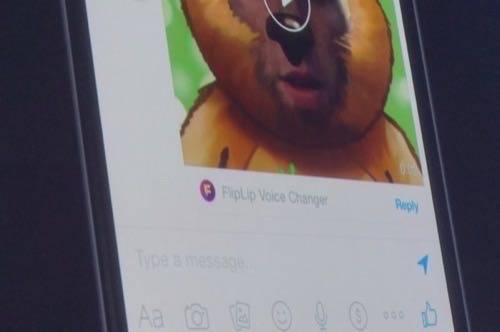
Some of those people will actually be businesses. Messenger looks intent on pushing its new vision of customer service that replaces logging into websites, punching through automated phone menus or waiting on hold, with chat threads. People could buy products, see their transaction info or receipts, shipping details, individualized promotions and other customer relations messages, all in a Messenger window.
For now, Messenger doesn’t support cross-border transactions, so it’s currently confined to the U.S. But consider it a first step in Facebook’s larger ambitions.
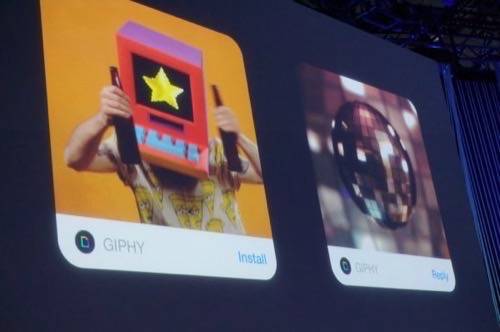
The two messaging services look like perfect foils for each other. While WhatsApp handles the fundamentals—making sure that anyone anywhere, regardless of phone or network, can use its service—Messenger can take on the more complex messaging tasks to satisfy users and companies on advanced networks. Between that and all the sharing that Facebook itself naturally manages, the company could have its fingerprints on an awful lot of conversations all over the world.
“Build better” may be one of Facebook’s F8 slogans, but it’s the other one that suddenly has some extra context now: “This is only the beginning.” When it comes to messaging, it certainly seems like it.
Photos by Adriana Lee for ReadWrite
















